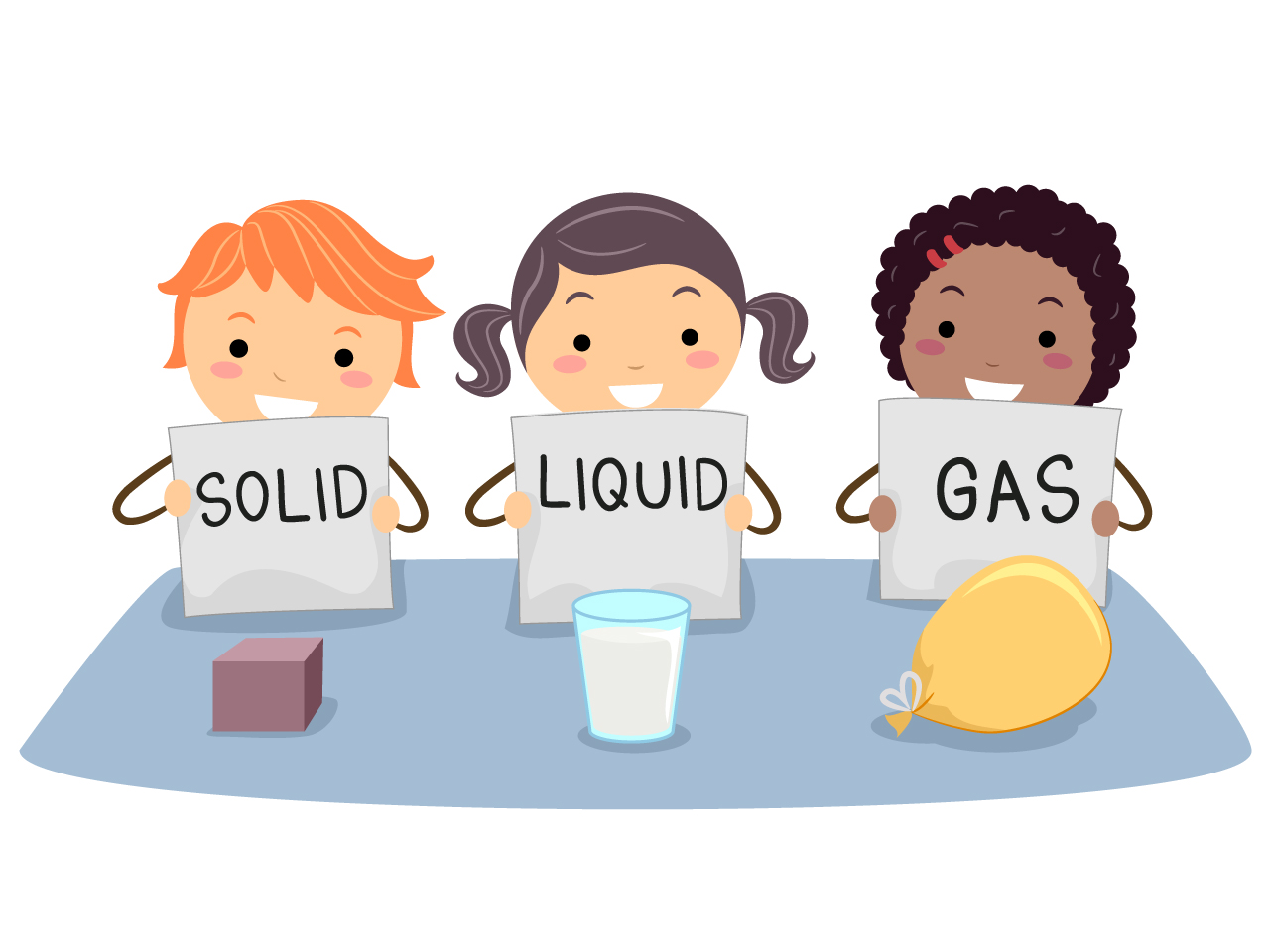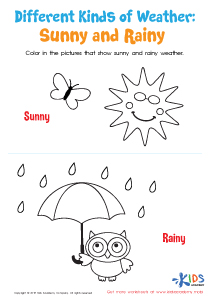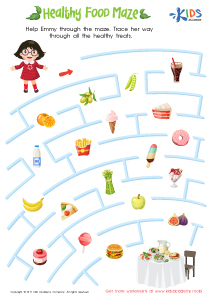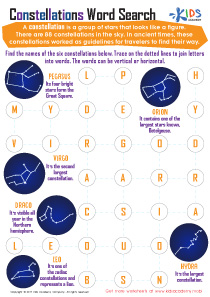Easy Physical Science Worksheets for Ages 3-5
1 filtered results
-
From - To
Easy Physical Science Worksheets for Ages 3-5
Dive into the wonders of the physical world with our specially designed Easy Physical Science worksheets, tailored specifically for young learners ages 3-5. These engaging and fun-filled sheets introduce basic concepts of physical science in a manner that's easy to grasp and delightful to explore. From understanding the properties of water to discovering how light works, these worksheets cover a range of fascinating topics that will ignite your child's curiosity. Perfect for home or classroom use, our worksheets are crafted to foster a love for science through interactive learning and hands-on activities. Watch your little scientist grow with each page they turn!
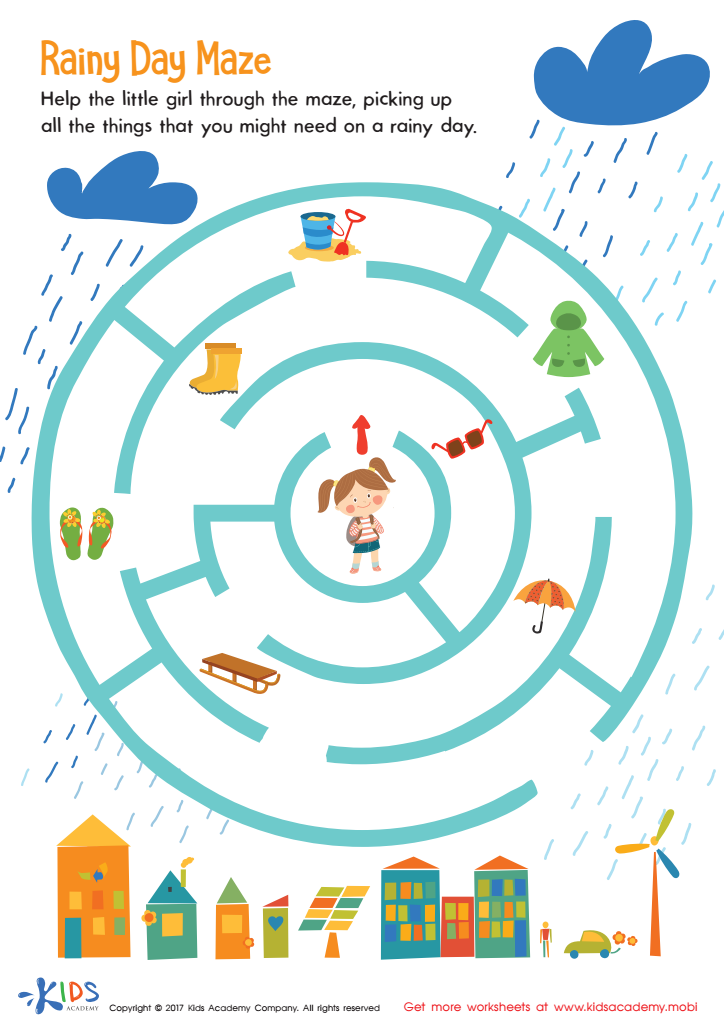

Rainy Day Maze Worksheet
Easy Physical Science worksheets for Ages 3-5 are a fantastic way to introduce young learners to the wonders of the world around them. At this critical developmental stage, children are naturally curious and eager to explore. These worksheets are specifically designed to cater to their inquisitive nature, providing a perfect blend of learning and fun.
The content is tailored for young minds, ensuring that concepts are simplified without losing their essence. This approach helps in laying a solid foundation for future scientific learning. Easy Physical Science worksheets for Ages 3-5 encourage observation and thinking skills, which are crucial for the cognitive development of children. Through engaging activities, children learn about basic physical science concepts like gravity, motion, and the properties of different materials in a manner that is easy for them to understand and remember.
Moreover, these worksheets are designed to enhance fine motor skills and hand-eye coordination through activities like coloring, drawing, and tracing. This multifaceted approach not only aids in learning science but also supports overall developmental milestones.
Incorporating Easy Physical Science worksheets into early education instills a love for science from a young age, sparking curiosity and a desire to learn more about the world. This paves the way for scientific thinking and inquiry-based learning as they grow.
 Assign to My Students
Assign to My Students







